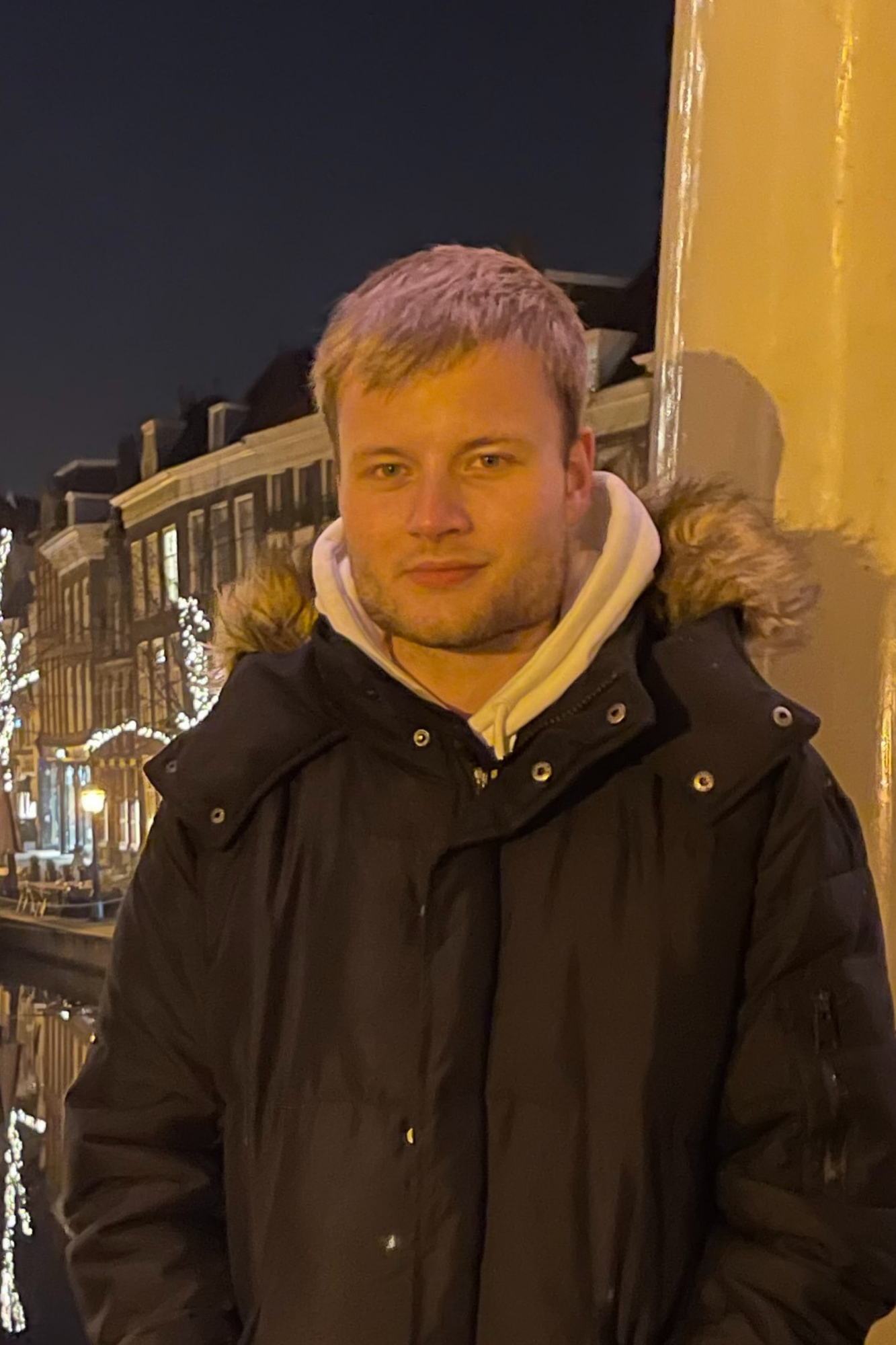Lucas Taling
Lucas tell us about his role as a Nuclear Radiation Analyst at UKAEA in Oxford.

Why did you decide to study at the University of Edinburgh?
I did my Bachelor of Science at Leiden University in the Netherlands. There was a particular course that I very much enjoyed, called Physics of Elementary Particles. Towards the end of my degree I decided I wanted to enrol on a most specialised Masters degree and to dive deeper into particle physics. I saw the MSc in Particle and Nuclear Physics offered by the University of Edinburgh, and decided to apply. I was interested in pursuing a career in nuclear power, nuclear fusion, nuclear fission and this programme at the University of Edinburgh was the most relevant programme for me.
What is your current role?
I am a Nuclear Radiation Analyst at UKAEA in Oxford. I carry out radiation transport and activation calculations for fusion devices.
What I learned during the MSc helped considerably in my current role. The compulsory courses Data Analysis and Machine Learning includes use of Python, hypothesis testing, limit setting, the treatment of systematic uncertainties, and the simulation of experimental data, and use these a lot in my day-to-day job!
How did you get where you are?
When I was studying for my MSc, I attended a Careers Fair at the University of Edinburgh where I found out about a Nuclear Graduates programme designed to train young professionals for the nuclear sector. I applied for the Graduate Scheme after I completed the MSc and my final dissertation.
What did you gain from your time at the University? What particularly helped prepare you for life after graduation?
I definitely gained a lot of knowledge from studying the MSc in Particle and Nuclear Physics. The programme strengthened my passion for the subject: the degree went really well, the research was stimulating, and the lecturers enthusiastic. This reinforced my desire to work in science and, specifically in nuclear physics.
I also improved my collaboration and time management skills. Working on group assignments (like the time we needed to create a board game for a physics course!), dividing tasks between different members of the team, and sticking to deadlines prepared me to work in a professional environment.
Do you have any highlights or a favourite memory of your time at the School of Physics and Astronomy, the University or in Edinburgh?
My favourite moment was the end of year party. It took place in April when the semester ended. It was a great opportunity to meet all the supervisors and lectures in an informal setting. I enjoyed chatting to them and finding out how they were managing professional and personal life. As someone interested in pursuing a career in science, it was a relief to see that the academics in our school were able to have a successful job whilst enjoying their free time and hobbies!
I also remember the moments I spent in the MSc Common Room in the School of Physics and Astronomy. I would use this room to study in between lectures and to socialise with my classmates. Here we could have casual conversations, but also work together on any assignments, discuss lecture material, and so on.
What do you wish you had known as a student?
In Edinburgh, I lived in a student accommodation. The Resident Assistants were very active and organised a few trips outside of Edinburgh in September. Unfortunately, I only heard about these trips later on in the semester when assignments and deadlines were coming up! If I had known earlier in the year, I would have joined.

